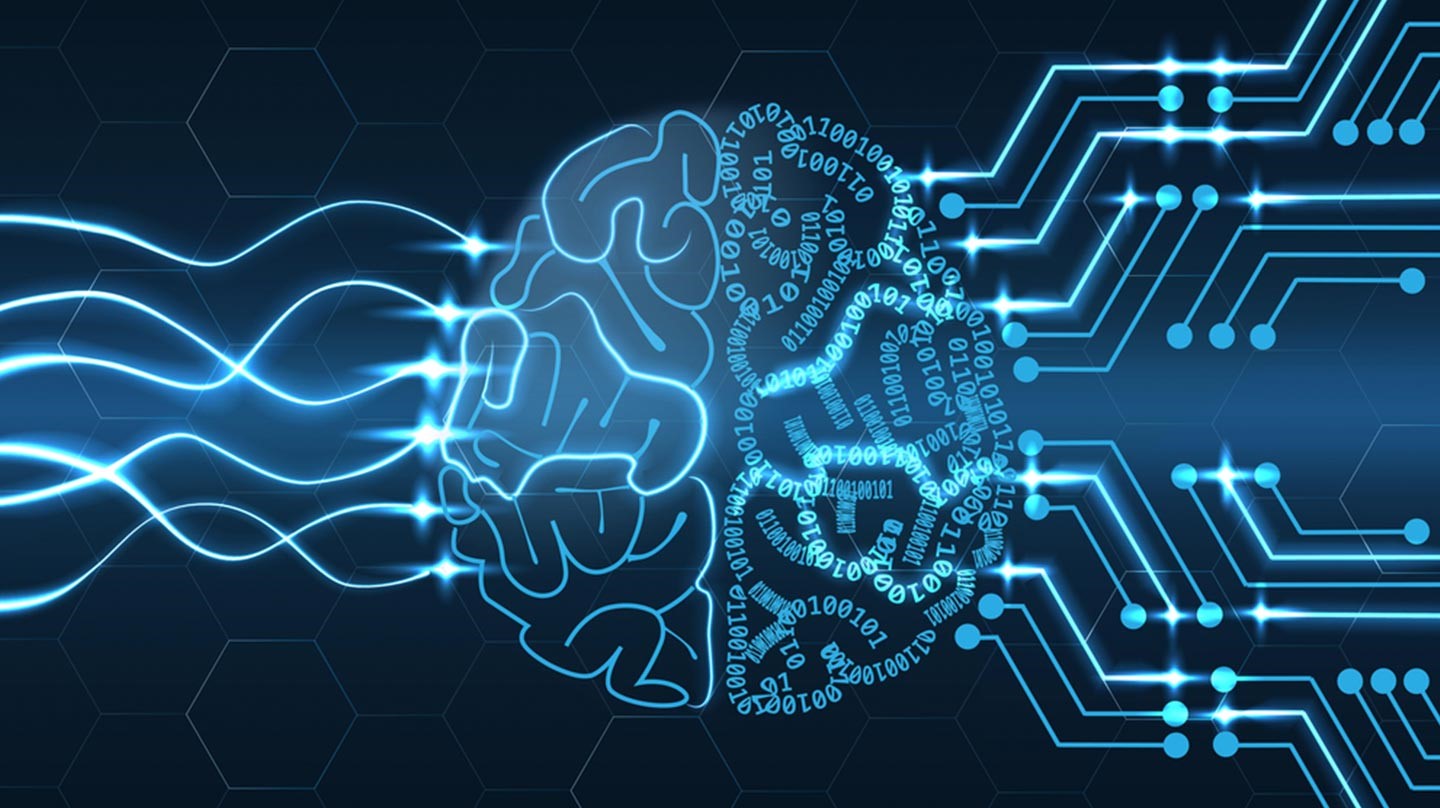 Cristina de la Cruz
Cristina de la Cruz
The push for digital transformation of telecommunications companies has generated major research regarding Artificial Intelligence (AI) and Virtual Assistants (VAs) to define new relationship models with their clients. These companies focus on AI to define new user experiences, and from this another line of development is emerging: the personality of the AI.
The psychological attributes of the AI have an effect on user experience; therefore, in the development of Aura, Telefónica’s AI, the UX research team dedicated itself to creating a personality that would provide a pleasant experience for users so that they would be willing to interact with the AI, but that it would also be consistent with its value proposition and be a good fit with Telefónica brands.

The five commandments of the Aura personality
Telefónica has established five commandments or rules that have been applied when providing a specific personality to the AI, in order to achieve the best possible user experience.
1. Aura is an Artificial being, gender neutral, and without a physical appearance
Users expect AI to always talk and refer to itself as an artificial being, with being defined as something that has been created and which has been given life artificially; in other words, something produced by human inventiveness. Regarding the level of empathy that users expect to receive from an AI, this will depend on the subject of the question asked. When it comes to a practical order, users prefer that the AI is less human. They expect a serious and direct answer as they expect to receive from a machine.
Furthermore, when a trivial question is asked, the AV may appear to be more human by giving a serious but fun answer, provided that it answers in a way that is consistent with its nature as an artificial being. With regard to gender, it should be neither female nor male, nor should it transmit anything that implies one or the other.
The AI must not have a physical appearance. When asked about its hair, eyes, or skin colour, it must answer that it does not have a body. However, it is important that the answers are not constantly “no”, but rather that it should offer an ingenious answer that surprises the user. The use of ingenuity provides a more natural sensation to the conversation without the AI ceasing to be a machine.

2. The relationships and feelings of Aura are virtual
As in the case of love, affection, or hatred, the AI must not express other human emotions such as joy, sadness, hunger, fatigue, or boredom. Even so, when faced with questions that involve feelings or moods, AI must have insightful answers which do not convey any implicit emotion.
See the complete report on the study made on the principles of Aura’s personality on the website.
3. Aura is more rational than emotional
An AI has to be smart and has to offer answers based on reason, thus showing that the essential personality attributes for a Virtual Assistant are reliability, information, intelligence, and objectivity.

4. Aura shows ingenuity in relation to tastes and aversions
It is with regard to tastes and aversions that users demand greater humanisation of the AI; therefore, it is necessary to include certain allusions that demonstrate that Aura has its own more or less human preferences, while remaining true to its nature as an artificial being. Aura must incorporate idioms in its answers depending on the context, country, and culture where the AI is implemented. These types of contextualised answers generate empathy in the user and create a richer interaction.
5. Aura remains neutral on sensitive issues
When addressing sensitive issues, such as political or religious opinions, or the choice of a football team, Aura takes a completely neutral position because, considering that this is a human problem, it is beyond the scope of an AI.
These commandments have been established with the aim of maintaining the AI’s nature of an artificial being because if it were to resemble a human too much, it might generate uncomfortable feelings in the user and negatively affect its relationship with Aura.
Telefónica’s commitment
Data has become an important part of our lives and can enrich user experiences, generate new opportunities, and facilitate the progress of society in general. It is an important opportunity to resolve some of the social and economic challenges we face today, from the reduction of pollution, to the improvement of health, and the development of Artificial Intelligence.
At Telefónica we believe in the potential of data to make the most of all these advantages, and we consider that the time has come to build a new ethical framework to generate trust in said data. As explained in our Digital Manifesto, users must have control over their personal data, maintaining the capability to decide how they are used. This means helping them understand the importance of their data and providing them with options about their use.
For more information:






